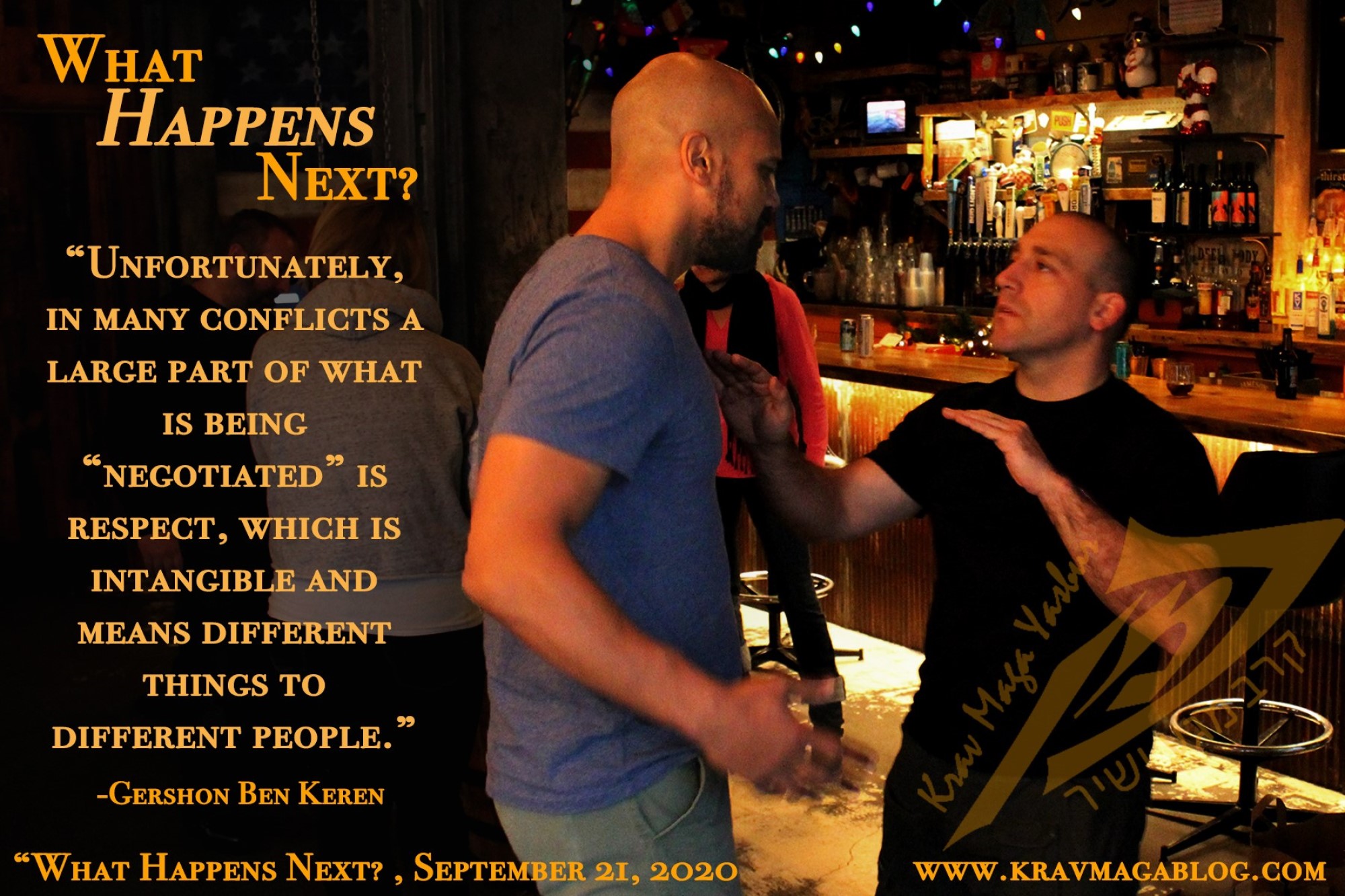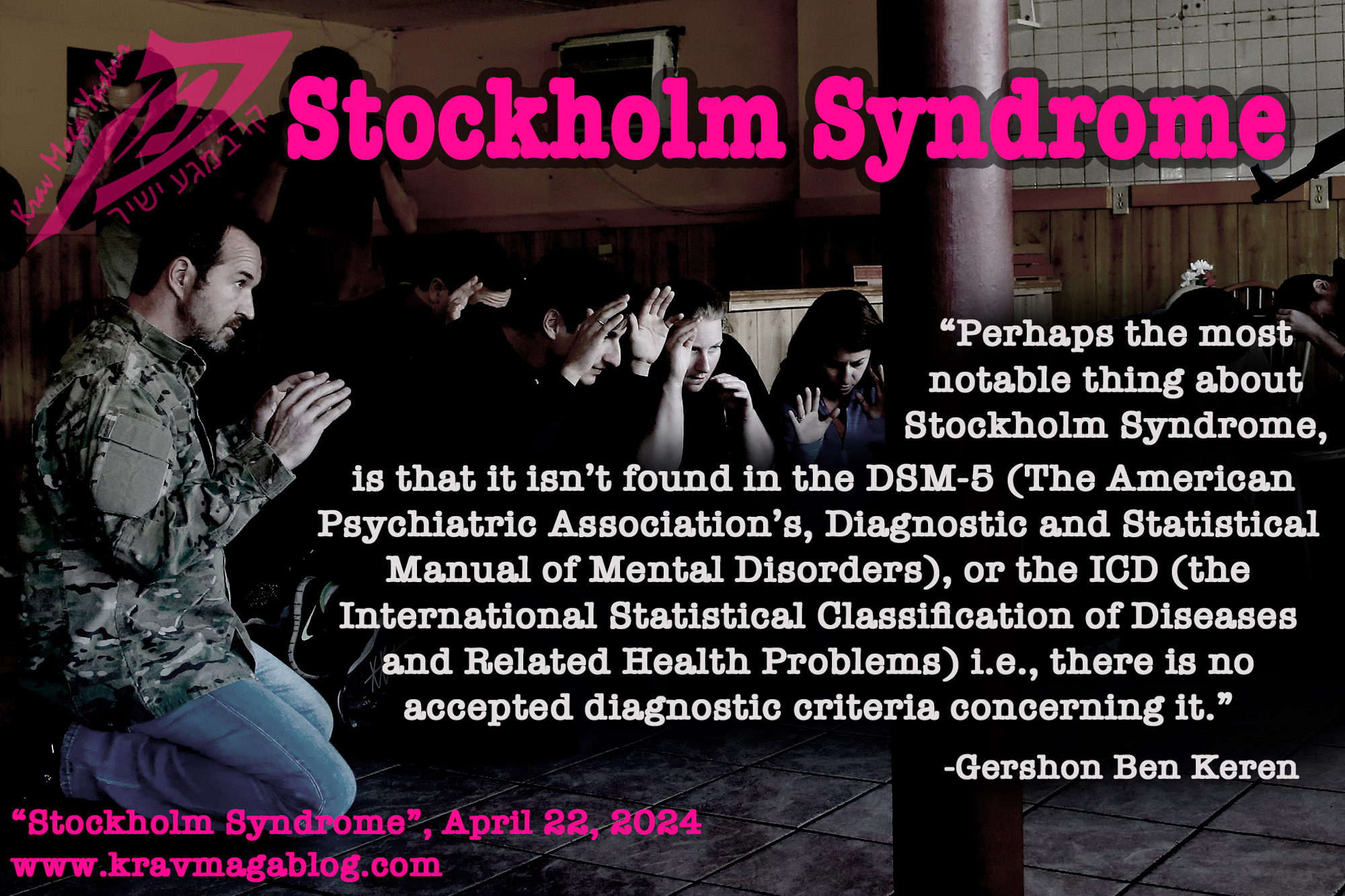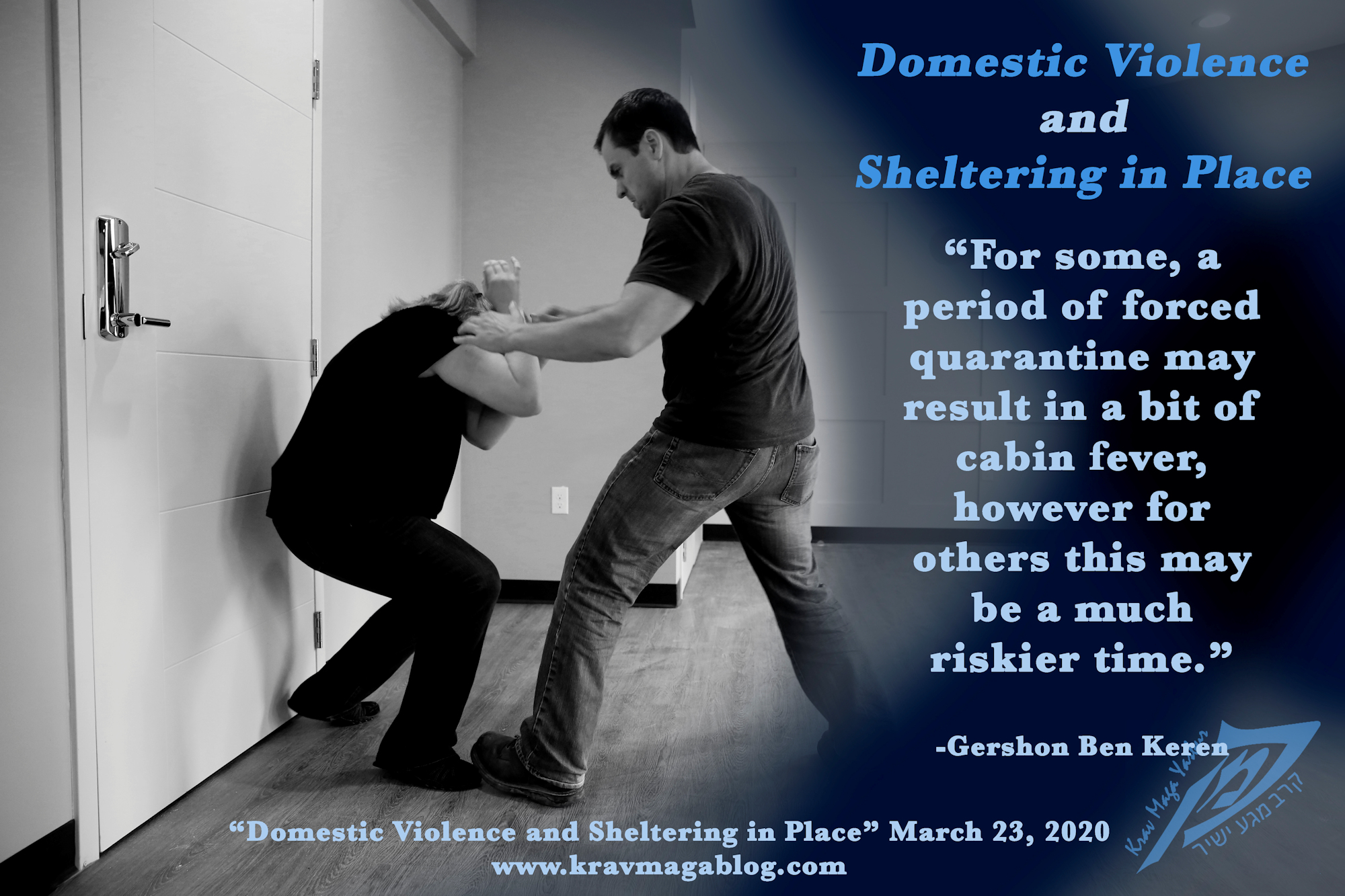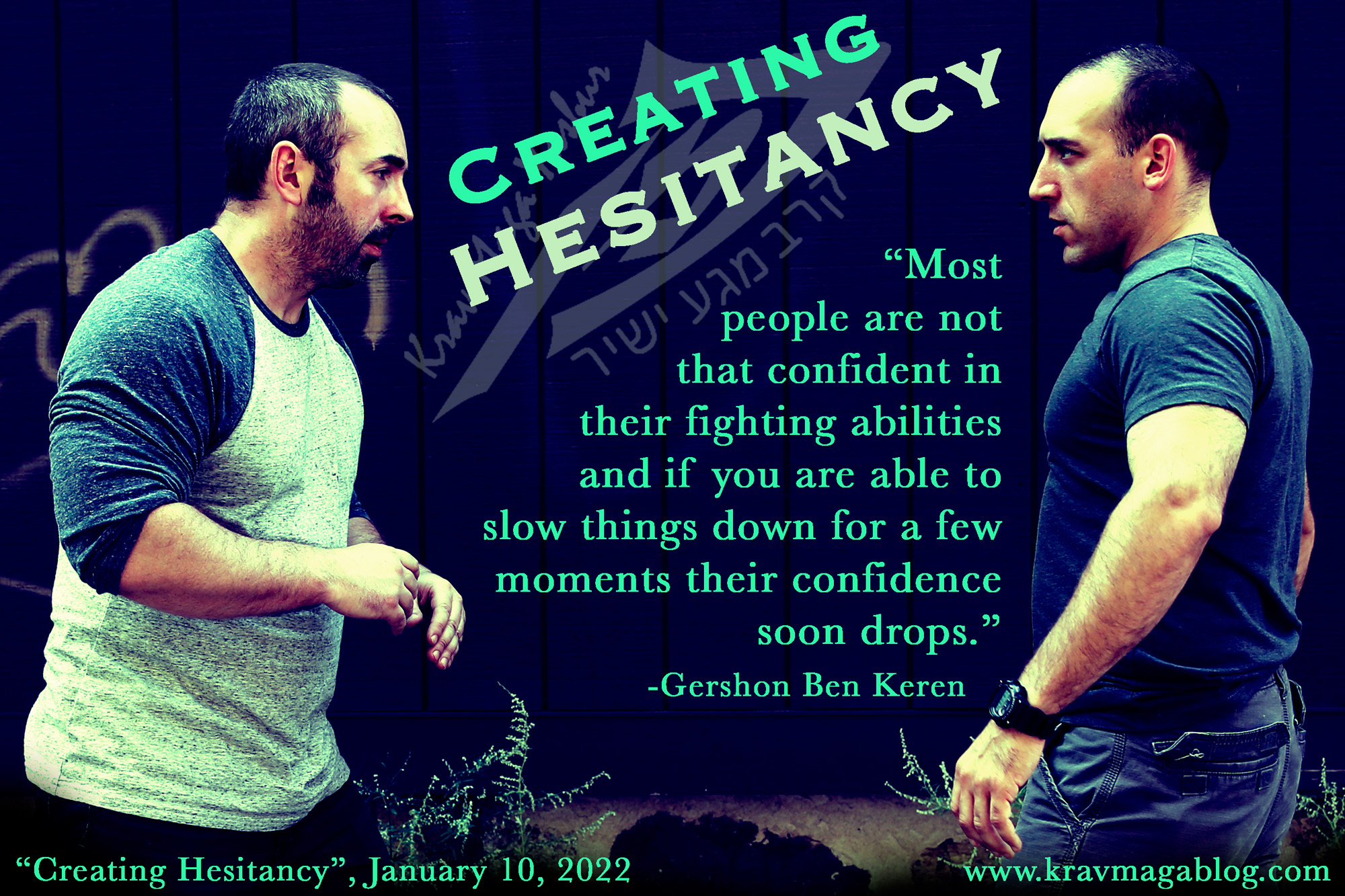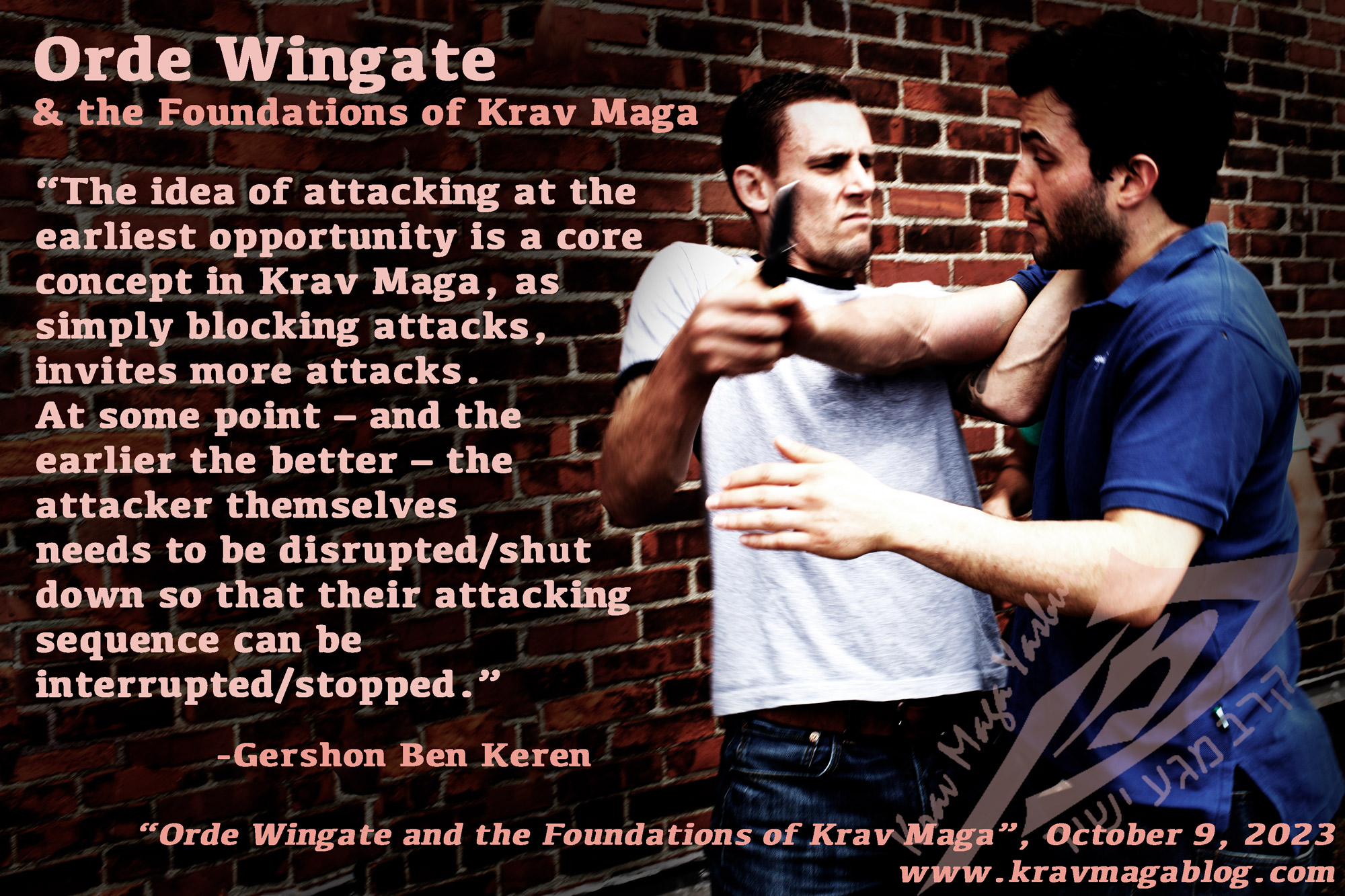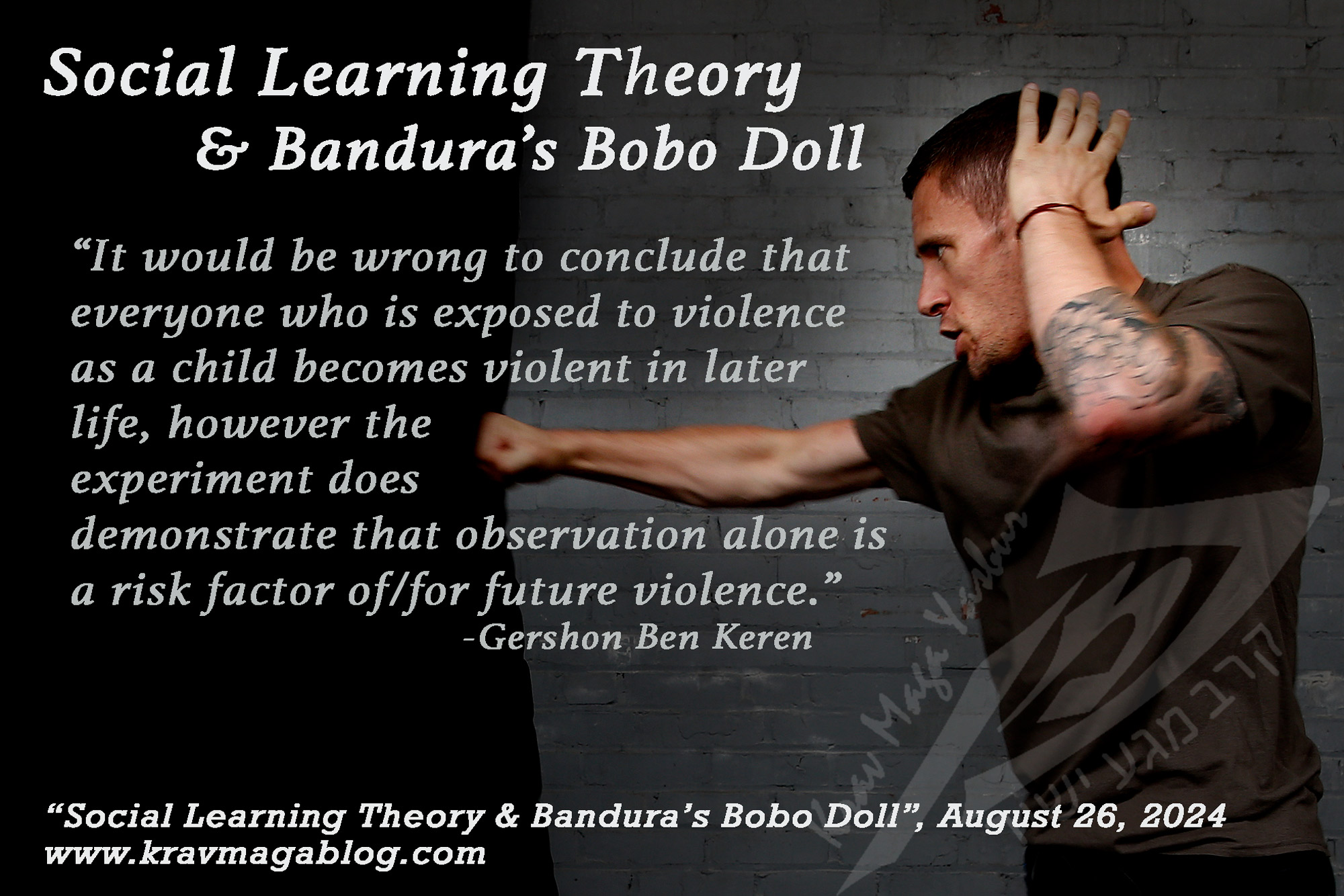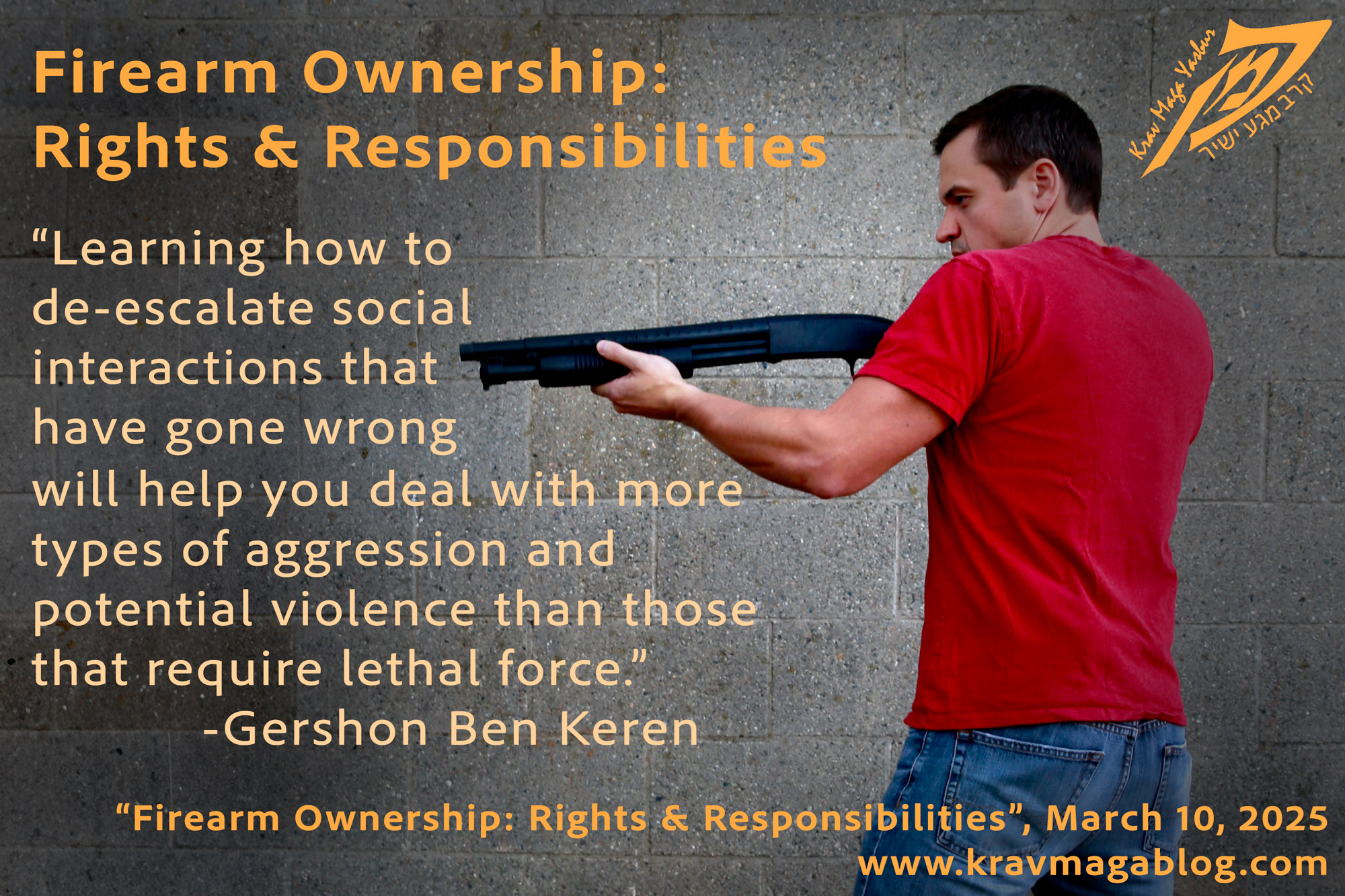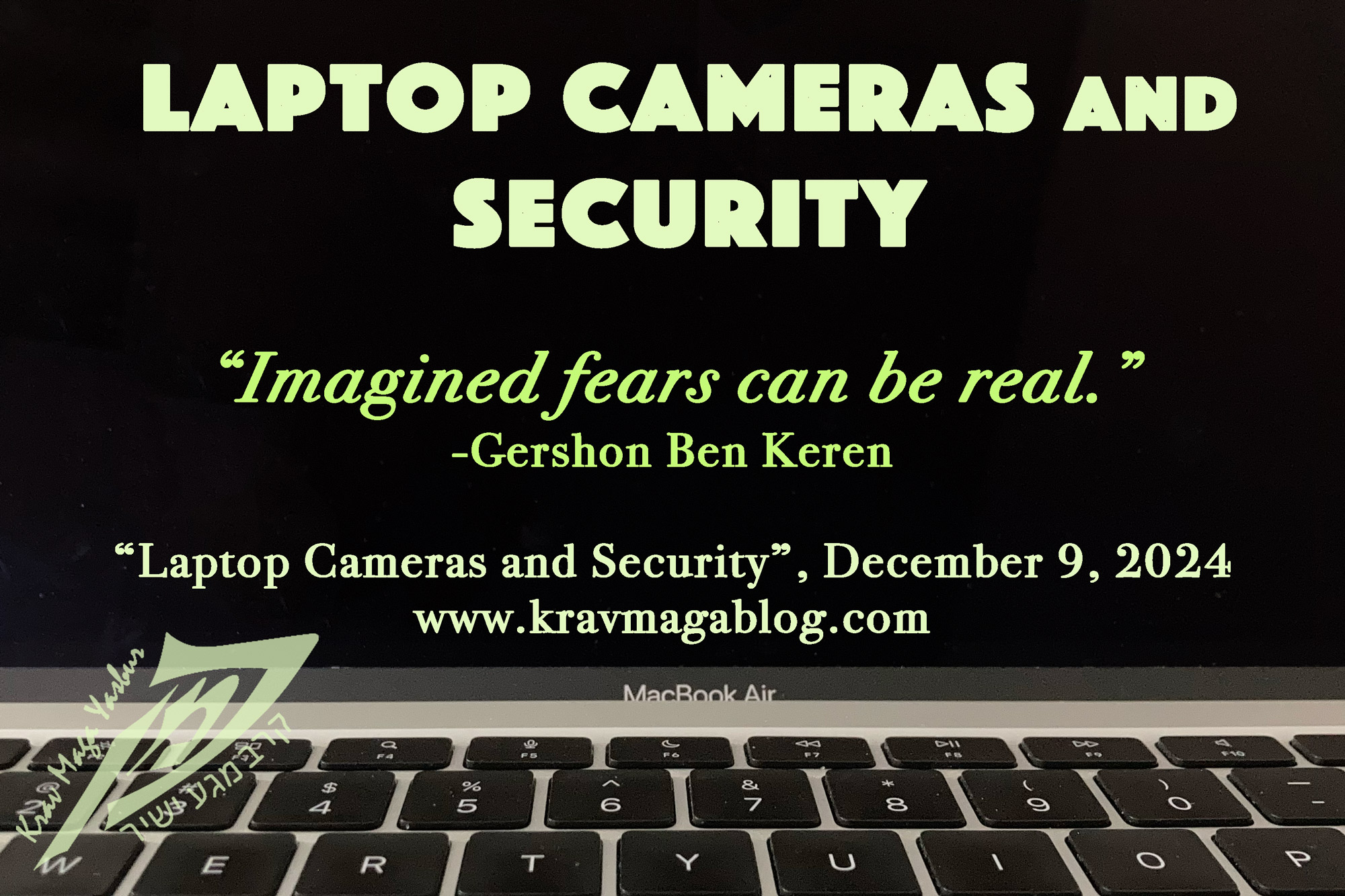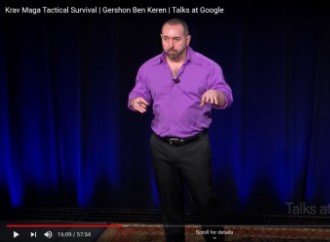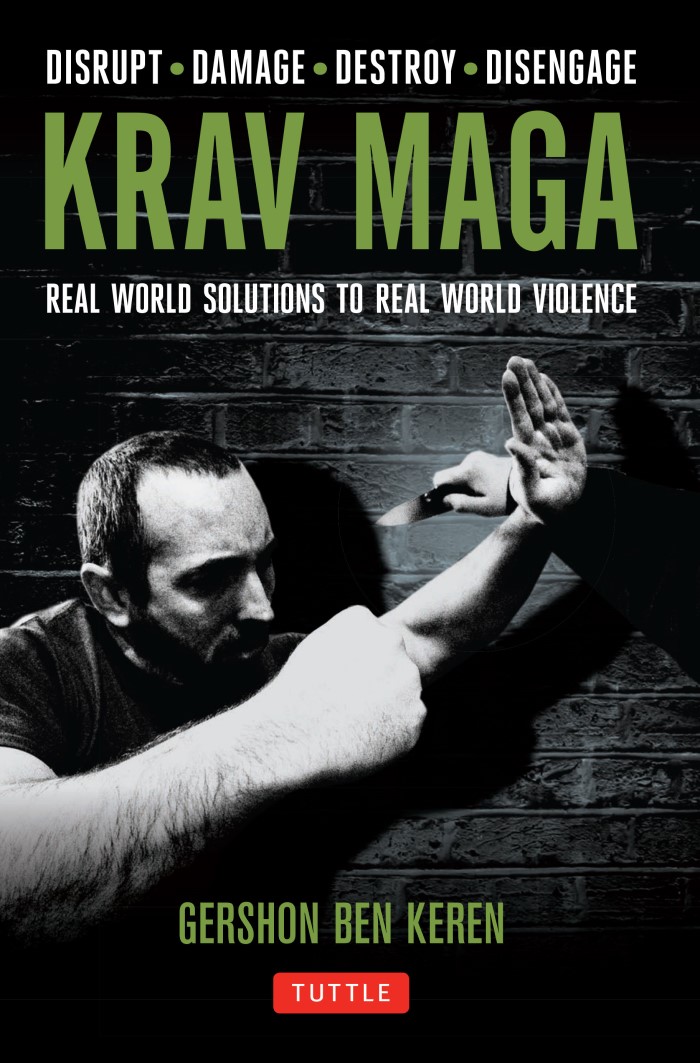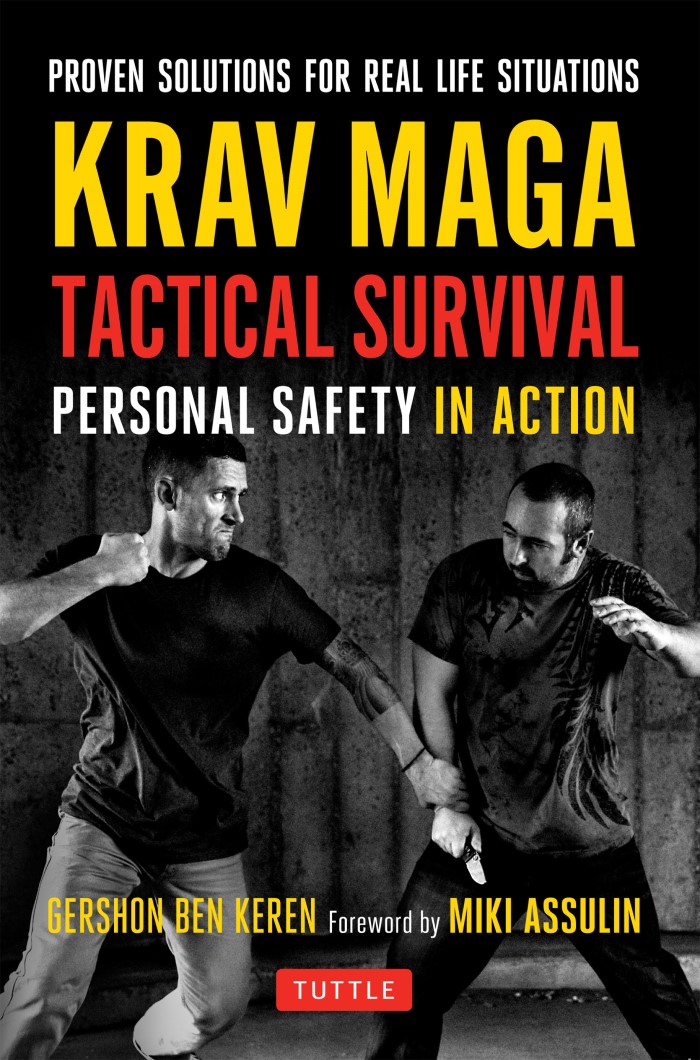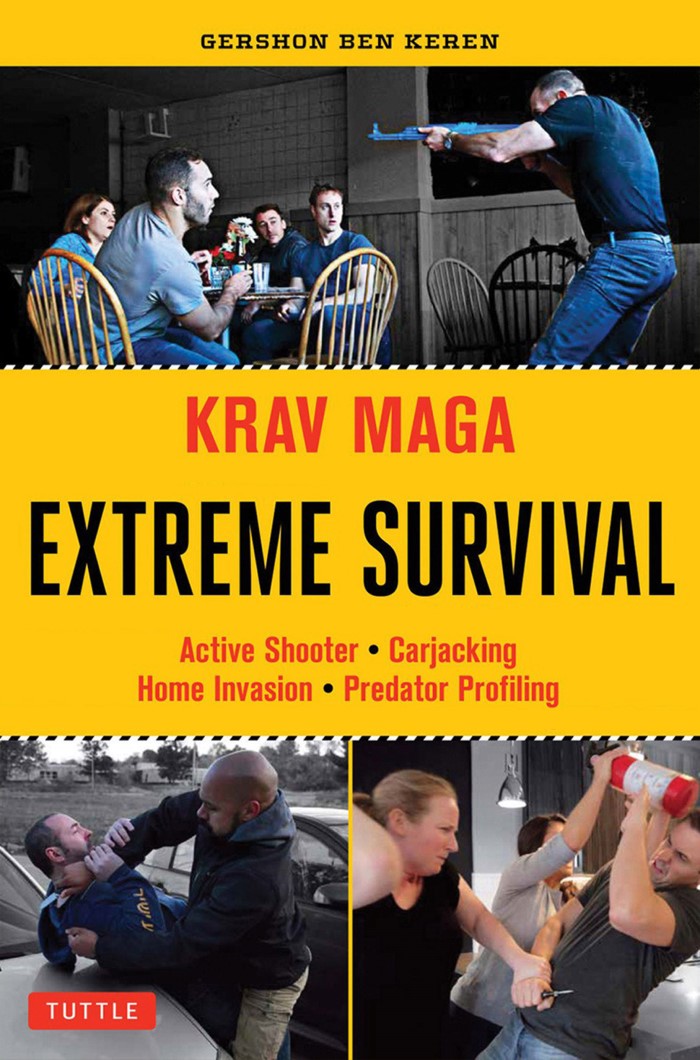Social Learning Theory & Bandura’s Bobo Doll, is an article written by Gershon Ben Keren, a 5th Degree Black Belt in Krav Maga, who teaches Krav Maga in Boston, MA. He has also authored three Amazon best-Selling Books on Krav Maga.
As this is the time of year when students go off to college – either returning or for the first time – I have been thinking about when I first started studying psychology at university, and the theories and ideas that I was introduced to regarding human aggression and violence. The university I attended was pretty much split in the middle regarding the faculty/teaching staff: half were ethologists and the other half behaviorists. The ethologists believed that all/near-all human responses were hard-wired and instinctive, whereas the behaviorists, believed we were born as a “blank slate” and it was our experiences that shaped who we became etc. Of course, I’m simplifying both perspectives however they represent at their extremes two opposites on a spectrum. My interest in psychology, which I started studying over thirty-five years ago, was largely driven by a desire to understand human violence. As someone who was bullied as a kid I believed/hoped that psychology could help me understand my experiences, and why my aggressors had felt the drive/need to act the way they did. Having been scientifically inclined from a young age I understood that my own experiences were unique and not necessarily universal, and that academic research might provide a better source of understanding. In my first year at university, I was introduced to three theories concerning aggression, and as this is “back to school” season, I thought I’d share them in this article. Whilst none of them blew me away at the time – something that as a naive teenager I was hoping to happen i.e. there must be one “magical” answer for everything – they are still relevant and help to explain some of the motivations behind aggression and violence. In this article I want to look at social learning theory, and in the next, look at instinct and anger/frustration theory.
The first theory of aggression and violence I was introduced to was that of social learning theory. A behaviorist explanation of why some people are more aggressive and violent than others; they learn to be. Social learning theory was first put forward and explained by Albert Bandura in the 1960’s, who is famous for his Bobo Doll experiment. If you have ever had any academic – or even non-academic - exposure to psychology, you are likely aware of this study. I’m not sure if it would pass an ethics board by today’s standard, as those children who took part, could have been traumatized. As a sidebar I think, including myself, there are many who don’t want to go back to, but look back to some of these older and less ethical pieces of research with a certain “fondness” for the information that they yielded e.g., whilst it was undoubtedly traumatic both emotionally and psychologically for participants to believe they were delivering life-threatening electric shocks to crying and begging confederates, who failed to learn a “lesson”, in Stanley Milgram’s experiment on obedience, the findings concerning the extent to which people will follow an order from an authority figure has never ceased to be relevant. Such an experiment – in the form it took – would no longer be deemed ethical, and thankfully so, however, the results it provided showed a working of the human mind which has been enlightening.
Bandura’s Bobo Doll experiment, like Milgram’s study, is one that students of psychology are introduced to very early on. His experiment looked to see whether children could learn aggressive behaviors from observing them, and if they would then imitate them when given an opportunity to do so i.e., was aggression a learnt behavior. The experiment basically involved two groups of children witnessing an adult play with toys. For one group the adult played “gently” and “nicely” with the toys, whilst in the other the adult attacked a Bobo Doll (an inflatable clown doll that would always return to upright), kicking, punching it, and swearing at it, and on occasions hitting it with a mallet etc. The children were then allowed to play on their own in a second room with more interesting toys and no adults present. These toys were then taken away in an attempt to anger and frustrate the children. They were then taken to a third room where a Bobo doll was present. The group of children who had witnessed an adult attack/hit/punch/kick the Bobo doll in the first room were much more likely to violently attack the doll, than those who hadn’t witnessed this behavior. Bandura surmised that “Aggression is learned not only through positive or negative reinforcement, but also through indirect observational learning.” That is, simply witnessing aggression/violence, even when there is no consequence, such as a punishment or reward, is enough for some people – not all - to replicate and imitate it e.g., a child who sees a parent assault their other parent may at some point in their life replicate this behavior, due to having learnt it earlier on in their life through observation and/or been normalized to it. It would be wrong to conclude that everyone who is exposed to violence as a child becomes violent in later life, however the experiment does demonstrate that observation alone is a risk factor of/for future violence.
A practical take-away is also to understand that there are people in our society who have observed extreme violence in their past, and because of this, given the right stimulus, may be prone to imitate/replicate it. Whenever I witness an aggressive argument/dispute between strangers in a public place I am always thinking, that neither one of them knows the other’s back story; what they have seen and experienced, along with where their head may be, in that moment. If one of those individuals has observed extreme violence, that alone can make them capable of engaging in it. Putting ego aside and walking away is usually a safer strategy than deciding to engage, regardless of how “wrong” the other person is and how “right” you may be.
0 COMMENTS